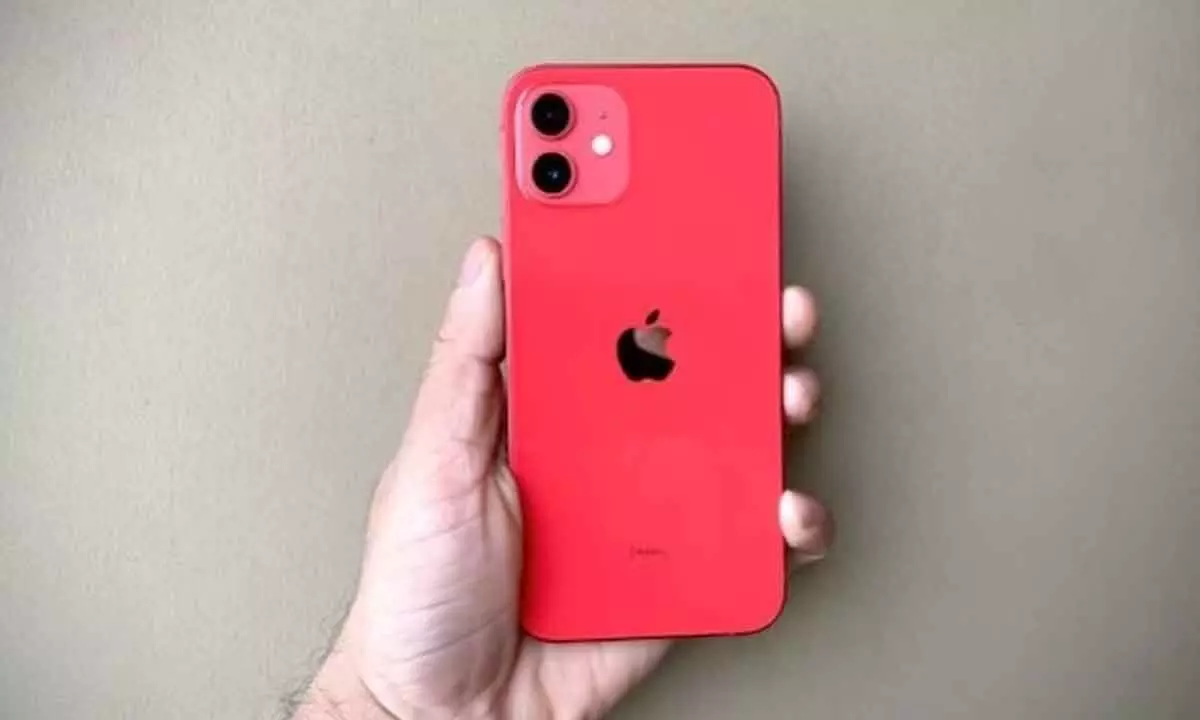Apple updates iPhone 12 software to control high radiation levels

- Recently, French regulators accused the Apple iPhone 12 of emitting excessive radiation, leading to a suspension of sales nationwide.
- Now, Apple has responded to the issue and is releasing a software update to align with France's specific radiation standard, stating that the iPhone remains safe to use.
French authorities recently discovered that the iPhone 12 emits more radiation than allowed in France. They asked Apple to stop selling the phone in the country and threatened to recall phones already sold to customers if Apple did not fix the problem. Apple denied the allegations and said the iPhone 12 is certified by multiple international bodies for meeting global radiation standards. However, in a recent development, Apple announced that it will release a software update for the iPhone 12 to meet France's radiation testing requirements.
In its official statement, Apple said that the issue will be fixed with the release of iOS 17.1, which will prevent the iPhone 12 from using more power when the device is in contact with static surfaces. Ultimately, the sale of the iPhone 12 will again be legal in France. " iOS 17.1 includes an update for iPhone 12 for users in France to accommodate this specific test protocol that requires reduced power when off-body on a static surface," reads Apple's official support Page.
"iPhone 12 will no longer increase the allowed power when the off-body state is detected, such as while it is sitting on a table. As such, in coverage areas where cellular signal is low, this change in antenna transmit power may result in slightly lower cellular performance in certain off-body use cases. The vast majority of users are not expected to notice any impact," the note further reads.
As we will remember, in September, Apple faced accusations from French regulators for excessive radiation emissions from the iPhone 12, which had been on the market for three years. These findings led to a temporary suspension of iPhone 12 sales in France. The National Frequency Agency (ANFR), the national authority regulating radio frequency emissions, tested 141 phones to measure their Specific Absorption Rate (SAR). These tests revealed that the iPhone 12 exceeded the legal limit for body radiation emissions.
However, in Tuesday's official statement, Apple explained why the iPhone 12 was approved for sale in other countries but was found to emit too much radiation in France. Apple noted that iPhones have sensors that detect how close the phone is to the user's body and adjust the transmission power accordingly. When the phone is not close to the user's body, such as on a table, it uses slightly higher transmit power.
Apple said that the French testing protocol did not consider this feature. To fix the issue, Apple has released a software update that turns off body sensing technology and ensures the phone always operates at lower transmit power levels.
"We want all iPhone 12 users to know that iPhone 12 is safe to use and always has been." Apple said in the statement.

















